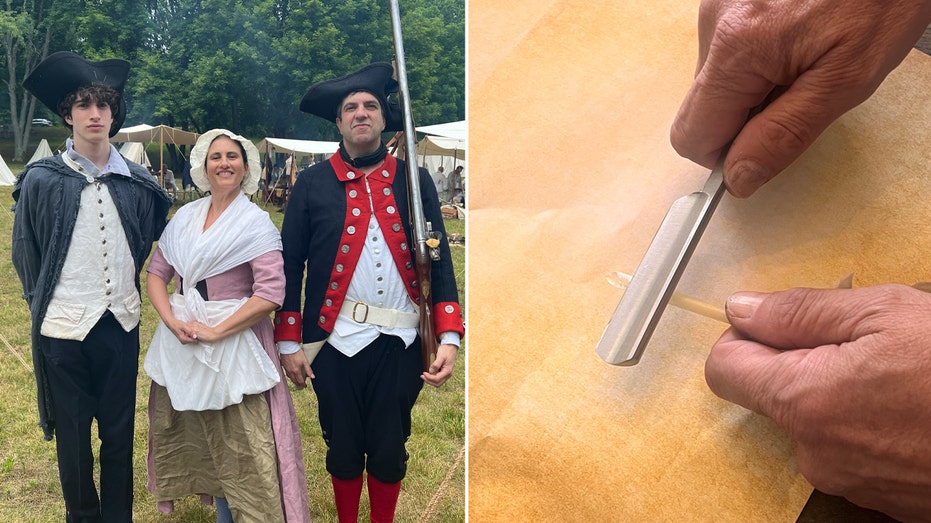
A clinical trial was stopped early after researchers found that a bone marrow cancer drug, pomalidomide, is safe and effective for treating hereditary hemorrhagic telangiectasia (HHT), a rare bleeding disorder. Patients who took the drug had fewer nosebleeds, needed fewer transfusions, and had a better quality of life. Before this trial, there was no reliable treatment for HHT, making this a big success.
Current treatments for HHT involve closing off abnormal blood vessels or using temporary medications to reduce bleeding, but there are no long-term FDA-approved treatments. Researchers believe the drug pomalidomide helps stop abnormal blood vessel growth and strengthens them. In a study with 144 HHT patients, most took pomalidomide, while some took a placebo.

Some side effects included constipation, rashes, and low white blood cell counts. More research is needed. At the start of the trial, researchers scored each patient’s nosebleed severity using a unique HHT tool.
Patients also reported how their nosebleeds and HHT symptoms affected daily life. The number of blood transfusions and iron infusions they received was tracked. In June 2023, after 43 months, an analysis showed that pomalidomide was effective, so the trial was stopped early.
“These findings could help people with more severe HHT,” said Kindzelski M.D., Ph.
D., of NIH’s National Heart, Lung, and Blood Institute. In severe cases, malformed blood vessels in organs like the lungs, liver, and brain can cause severe issues like strokes or heart failure.
This treatment could save lives. Though the researchers didn’t track patients after the trial, some went 4 to 6 months without nosebleeds after stopping the drug, showing it may work long-term. Journal reference :.














